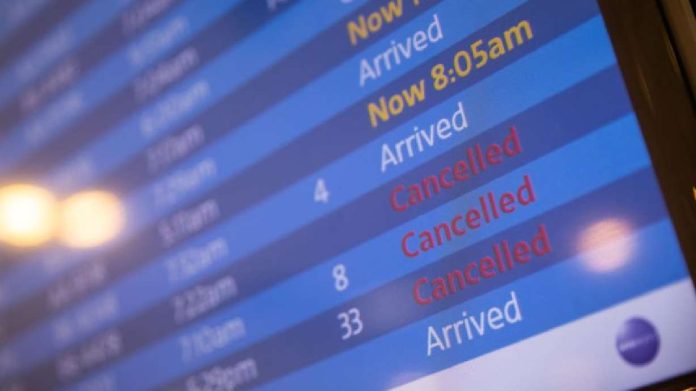NEW YORK — The holiday rush may lose some of its momentum this year — even among high-income travelers — as a report from Deloitte on Wednesday shows Americans are planning to take fewer trips and spend less on them amid growing financial concerns.
The average number of planned holiday trips has dropped to 1.83, down from 2.14 last year, while average planned travel budgets are down 18% to $2,334, the report said.
Underlying the tighter travel budgets is a more muted money mood, the report said.
Notably, nearly 1 in 5 households earning over $100,000 annually, or high-income Americans, said they were worse off financially than a year ago, and about 80% of that group plans to choose cheaper travel options.
Over the past two months, travel companies, including Delta Air Lines, United Airlines and hotel operator Marriott International, have pointed to solid demand for high-end offerings such as premium seats and luxury hotels.
But that trend may be shifting, and the effect on airlines, lodgings and tour operators may be disproportionate, as high-income travelers typically spend more and travel farther.
Holiday travel is also at risk from the prolonged government shutdown, which has forced carriers to cut flights and already delayed about 3.2 million passengers, according to estimates by airlines.
The report also found that millennials, who made up the biggest share of luxury travelers at 34% and have planned the sharpest cutback in the number of trips this year, led the way in generative AI adoption for travel planning, up 1.5 times since 2024.
While travelers most commonly used generative AI to find activities and attractions, they’re most likely to follow through on restaurant recommendations, the report said.








